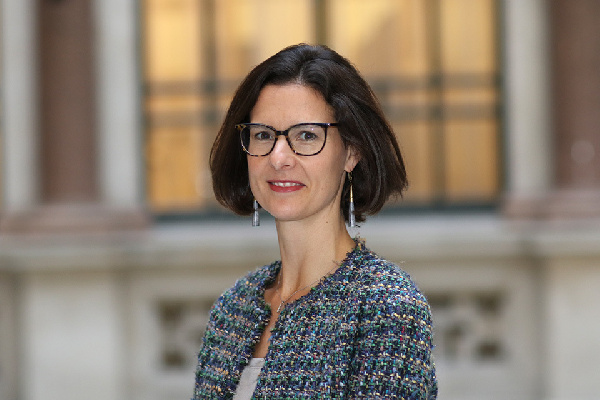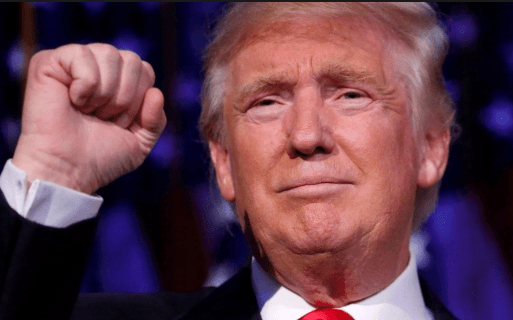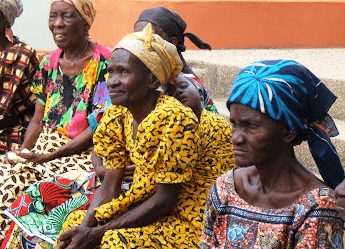
Africa stands proudly independent on paper, yet the mirror tells a subtler story. Leaders proclaim economic emancipation, but the fabric draped across our economies whispers another truth.
In the cocoa belt from Ghana to Côte d’Ivoire, smallholders harvest the beans that perfume global trade, yet the wealth of chocolate rarely returns to the farm gate.
The continent grows well over sixty per cent of the world’s cocoa, but captures only a small share of an industry worth more than one hundred and thirty billion dollars a year. The lesson is old and stern. It is not the size of the farm but the wisdom of the harvest that determines the feast.
Rankings are vanity mirrors
Africa is fond of league tables. Second largest producer. Top exporter. Fastest growing market. Rankings flatter and distract. Being second in raw cocoa is like being the tallest child in a malnourished family.
Bragging about quantity while importing chocolate is like owning a gold mine and borrowing coins for dinner. Ghana and Côte d’Ivoire together supply the majority of the world’s cocoa, but capture a sliver of final value. Europe, which grows almost no cocoa, earns the lion’s share through processing, branding, and retail. The scoreboard flatters the grower but enriches the grinder.
Satire in the supply chain
Picture a farmer in Sefwi or Abengourou bending to open a ripe pod whose value multiplies many times once it leaves the village. Now picture a boutique in Zurich selling a single bar for more than that farmer earns in a week.
The bean travels the world. The farmer remains in the same old house. Even when global prices jump, smallholders are exposed to the moods of traders, to currency swings, and to the cost of transport and middlemen. The bean may be African. The margin is international.
Proverbs for hard choices
African proverbs are blunt and useful. It is not the length of the night but the quality of the sleep that matters. Likewise, it is not the tonnage of exports but the depth of value addition that secures prosperity. A tree with deep roots laughs at the storm. A cocoa economy rooted in local processing can better withstand price shocks and the whims of distant buyers who never see the farm.
History’s practical lessons
History offers warning and hope. Malaysia once exported raw palm oil, then moved decisively into refining and downstream products. Brazil scaled roasting and branding to keep more coffee value at home. Vietnam climbed the value ladder in coffee within two decades by pairing farm support with processing and market access.
In Africa, Ethiopia used geographic identity to brand premium coffee, Rwanda lifted specialty grades and farmer incomes, and South Africa built a wine brand by bottling at home. These places did not chase rankings. They chased value.
The theatre of bumper crops
In too many capitals, production records are praised while chocolate imports rise. Harvest festivals celebrate tonnage even as factories sit quiet. Bags of beans fill photo opportunities while children of cocoa farmers first taste chocolate at weddings. It is the theatre of progress without the substance of prosperity.
Courage is the first ingredient
Moving from raw export to local value requires technology and capital, but above all it requires courage. Courage to face vested interests that profit from dependency. Courage to invest in plants that do not deliver instant applause. Courage to enforce rules that prioritize long term returns over short term foreign exchange.
In 2019, Ghana and Côte d’Ivoire introduced a Living Income Differential of four hundred dollars per tonne to improve farmer earnings. It rattled global buyers and showed the force of coordinated action. Yet without local grinding and branding, even this bold step is a beginning, not an end.
Arithmetic that refuses to blink
Numbers speak plainly. A tonne of raw cocoa sells for a few thousand dollars. Processed into liquor, butter, and powder, that value rises several fold. Turned into branded bars, the same tonne can generate twenty thousand dollars or more in retail sales. Why stop at bark when the fruit can fill the basket.
The African Development Bank has estimated that processing even half of Africa’s cocoa at home would add billions in revenue and create hundreds of thousands of jobs. Those jobs would support rural incomes, slow costly migration, and deepen a tax base that funds schools and clinics.
The bean as a mirror
Cocoa is a mirror for a wider habit. A child who sells seed eats once and starves later. Africa sells seeds in raw form and buys back sweetness in expensive wrappers. The pattern repeats in oil, gold, bauxite, lithium, and rare earths. Cocoa is simply the sweetest reminder of a bitter model.
What good policy looks like
The path is clear, though steep. First, invest in grinding and confectionery capacity near the farm gate and near ports. Second, design finance that matches the life of assets rather than the short tenor of trade lines. Third, build regional markets so value added products move across borders with predictable logistics. Fourth, negotiate trade preferences that favor semi finished and finished goods over unprocessed exports. Fifth, write local content, technology transfer, and skills training into large contracts and enforce them with simple, public scorecards.
Examples worth building on
Ghana’s partnerships with international firms to expand grinding are steps in the right direction. Nigeria’s small chocolate brands show how entrepreneurs can capture value with smart design and local stories. Côte d’Ivoire’s plan to process a greater share of beans domestically signals rising ambition. None of this requires miracles. It requires patient capital, credible policy, steady maintenance, and contracts that reward delivery rather than promises.
Procurement is industrial policy in action
This is where procurement becomes a quiet giant. Public buyers of school feeding, military rations, and hospital supplies can specify locally processed cocoa where quality standards are met. State and private buyers can shift from sticker price to life cycle value, understanding that steady demand allows factories to invest and lower unit costs over time. Paying small and medium suppliers on time keeps cash flowing, apprentices learning, and equipment improving. A purchase order can be a bridge from farm to factory if designed with intent.
Finance that follows the product
Local value addition requires finance that aligns with reality. Working capital for beans. Term debt for grinders and moulding lines. Guarantees that reduce risk premiums. Development banks can co-invest with private lenders where governance, maintenance, and transparency are non-negotiable. Pension funds can hold seasoned assets with stable cash flows. No investor resists good projects that arrive with honest numbers and competent managers.
Standards are the new infrastructure
Hard roads matter. So do soft roads. Food safety labs, quality certification, packaging innovation, digital traceability, and export documentation that does not sap the will. Standards lower friction and lift price. Countries that make standards a habit convert competence into culture and culture into competitiveness.
What citizens can do tomorrow morning
Citizens are not bystanders. Consumers can buy local chocolate that meets quality standards. Banks can lend to processors with sound books. Journalists can follow the money and praise the agencies that deliver. Universities can partner with industry on fermentation science, shelf life, and packaging. Each small action moves the needle from raw to refined.
Trading rank for margin
If Ghana drops from number two to number ten in raw output but captures a large share of value through local processing and branding, the country will have traded vanity for victory. A smaller harvest processed at home is worth more than a bumper crop sold cheaply abroad. The right scoreboard measures retained value, decent jobs, taxes paid, and export earnings per tonne, not just tonnes shipped.
A closing choice
The cocoa tree stands as both a gift and a challenge. Its beans whisper a choice to every policymaker, investor, and citizen. Remain the supplier of sweetness or become the creator of value. Rankings may flatter. Only value feeds a nation.
Let us measure success not by how high we appear on someone else’s chart but by how deeply we enrich our own people. It is better to own a modest chocolate factory than to boast of being second in a race that pays only the winner.
The last word
The inconvenient truth is blunt. The world will not pay us for what we grow. It will pay us for what we make. Africa’s future in cocoa is not in counting pods but in compounding value. The time to grind, brand, and export pride is now.
>>>the writer is a globally celebrated thought leader, Chartered Director, industrial engineer, supply chain management expert, and social entrepreneur known for his transformative contributions to industrialisation, procurement, and strategic sourcing in developing nations.
As Africa’s first Professor Extraordinaire for Supply Chain Governance and Industrialization, he has advised governments, businesses, and policymakers, driving sustainability and growth. During his tenure as Chairman of the Minerals Income Investment Fund (MIIF) and Labadi Beach Hotel, he led these institutions to global recognition for innovation and operational excellence. He is also the past chairman of the Public Procurement Authority.
A prolific author of over 90 publications, he is the creator of NyansaKasa (Words of Wisdom), a thought-provoking platform with over one million daily readers. Through his visionary leadership, Professor Boateng continues to inspire ethical governance, innovation, and youth empowerment, driving Africa toward a sustainable and inclusive future.
The post The Inconvenient Truth with Professor Douglas BOATENG: :Counting beans, losing billions: Local grinding, processing, value addition and branding can convert vanity raw export metrics into national wealth appeared first on The Business & Financial Times.
Read Full Story



















Facebook
Twitter
Pinterest
Instagram
Google+
YouTube
LinkedIn
RSS